Extraction of teeth

specialists

equipment

treatment
Types of removal
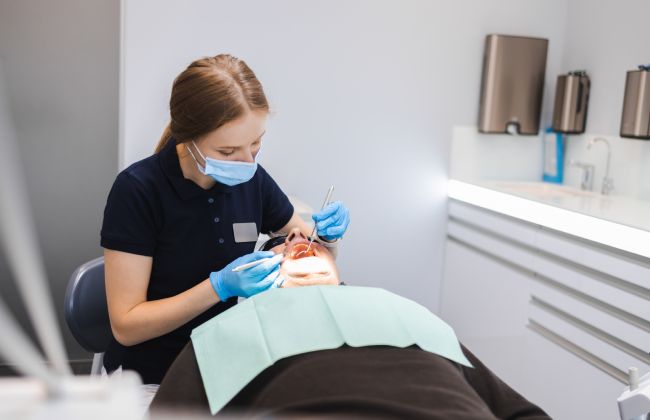
Urgent extraction is necessary in the following cases:
- Development of an extensive pathological process, when conservative therapy is pointless
- Severe destruction of the tooth, which has led to complications
- Inflammation of soft tissues or odontogenic sinusitis
- In case of damage to the jaw due to accidents, falls and sports competitions
Urgent extraction in dentistry can also be caused by acute thrombosing venous angioma, a sharp disruption of blood supply, severe bleeding from the tooth or its bed, which is not stopped by conservative methods.
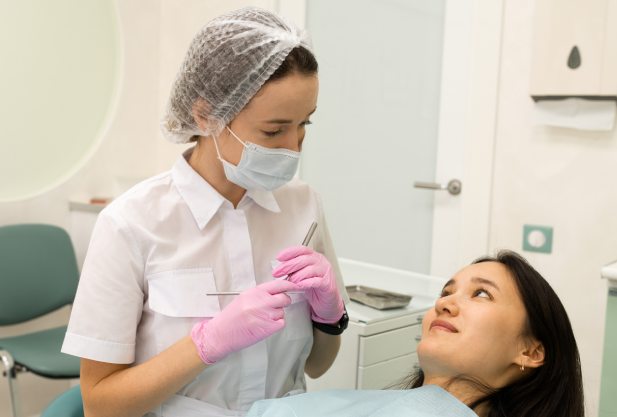
Planned extraction is performed when:
- Periodontosis is detected, and the molars are highly mobile
- The orthodontist prescribed ablation before installing braces, prosthetics or implantation
- A baby tooth is preventing the permanent tooth from coming out
- Significant crowding of teeth or their incorrect eruption is detected
Planned surgery is often performed in cases of irreversible destruction of the dental crown, deep caries, chronic periodontitis, which does not respond to conservative treatment. Extraction is also relevant in cases where teeth are a source of chronic infection, which prevents the treatment of other diseases or preparation for serious medical procedures, such as chemotherapy.
General information about the procedure
Features of tooth extraction
Removal of teeth with cysts
Methods for removing teeth with cysts include traditional surgical excision and more modern minimally invasive methods: lasers or ultrasound to reduce the size of the incision, accelerate healing and reduce pain.
During the surgical intervention, the doctor administers anesthesia, makes an incision in the gum, removes the cyst and molar, and then applies stitches. Healing lasts from 1 to 3 weeks. During rehabilitation, strict care is necessary: limitation of physical activity, taking anti-inflammatory drugs and antibiotics as prescribed by the doctor.
Removal of wisdom teeth
Third molars are often removed due to their inaccessibility and the impossibility of conservative treatment. Methods for removing wisdom teeth vary from simple extraction to complex surgeries that involve cutting the gum, ablation of the bone and sometimes dividing the unit into parts to simplify extraction. The doctor performs the procedure under local anesthesia. At the final stage, stitches are applied if the gum was cut.
Please note! After the extraction of the wisdom tooth, the healing period takes from 1 to 3 weeks. It is important to avoid any actions that can destroy the blood clot formed in the socket.
In the first 3-5 days after the operation, it is recommended to refrain from rinsing the mouth so as not to provoke bleeding and not to slow down the healing process. You should also avoid eating too hot or hard food and not smoke, as these factors can negatively affect the restoration of the gums.
Removal of upper teeth
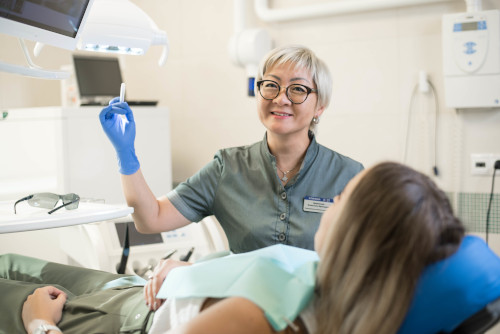
Advantages of tooth extraction in the K+31 dental clinic
Dentistry "K+31" in Moscow provides high-quality services in all areas of dental treatment:
- Intraosseous placement of implants
- Professional hygiene
- Bleaching of tooth enamel
- Installation of crowns, braces
- Restoration of any complexity
Our specialists regularly improve their skills by participating in international congresses on dental medicine and doing scientific work. Most doctors are candidates and doctors of medical sciences.
All services are available to both adults and children. To find out the prices for tooth extraction in the clinic, or fill out the callback form on our website. The administrator will promptly call back and answer all questions.
Answers to popular questions
Doctors from the K+31 medical center answered the most frequently asked questions about dental ablation.
Can a tooth be removed during pregnancy?
Should I stop taking aspirin before the extraction?
What to do if bleeding begins after the extraction?
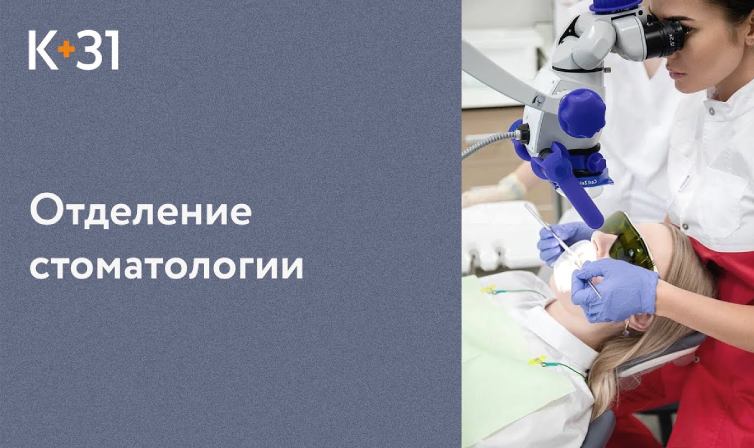
Modern methods of diagnostics and dental treatment at "K+31"

This award is given to clinics with the highest ratings according to user ratings, a large number of requests from this site, and in the absence of critical violations.

This award is given to clinics with the highest ratings according to user ratings. It means that the place is known, loved, and definitely worth visiting.

The ProDoctors portal collected 500 thousand reviews, compiled a rating of doctors based on them and awarded the best. We are proud that our doctors are among those awarded.
Make an appointment at a convenient time on the nearest date
Price
Other Services






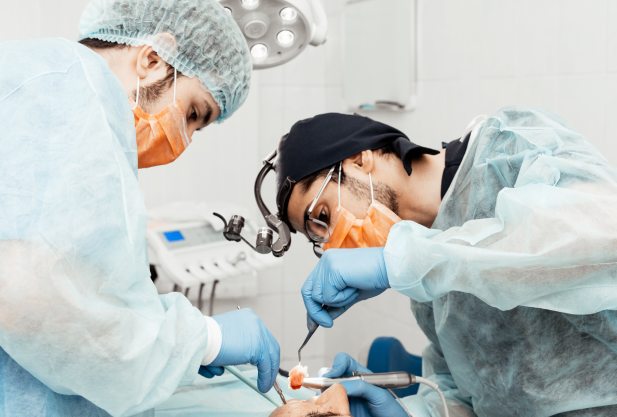
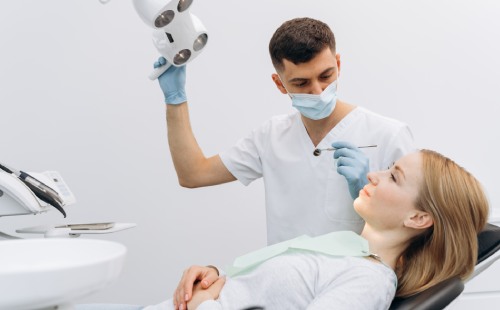
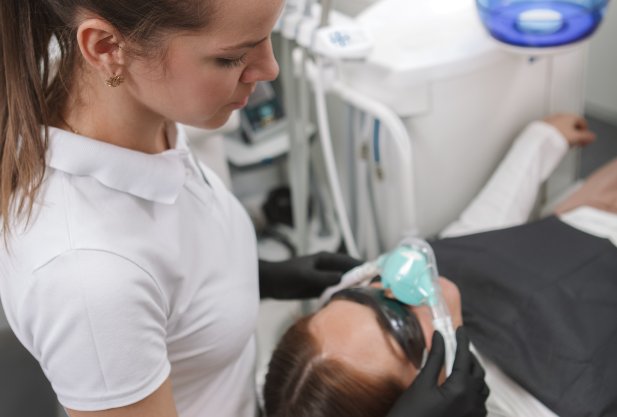
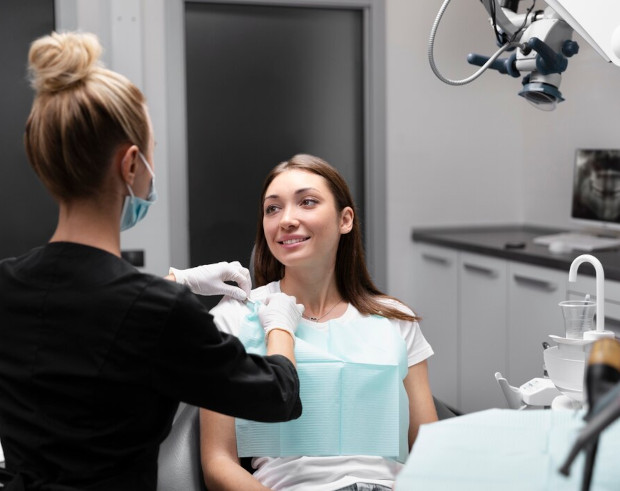
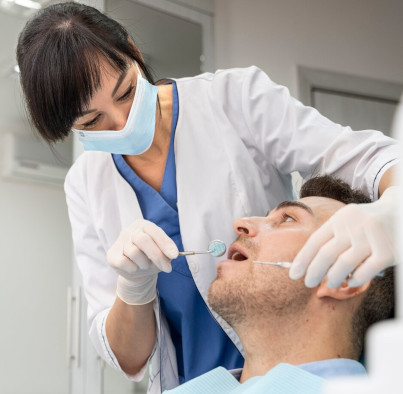
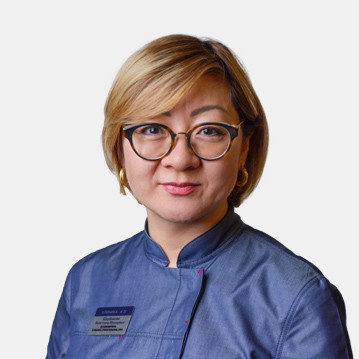
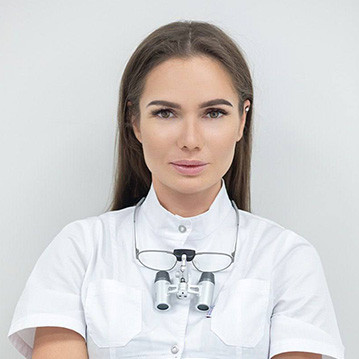
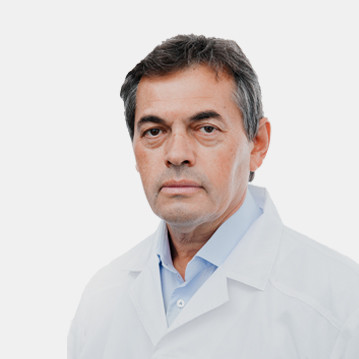
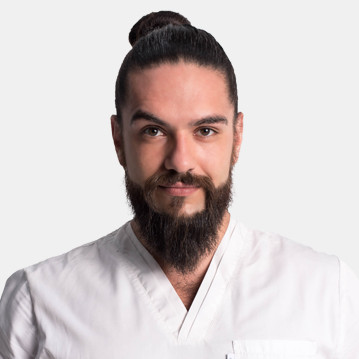
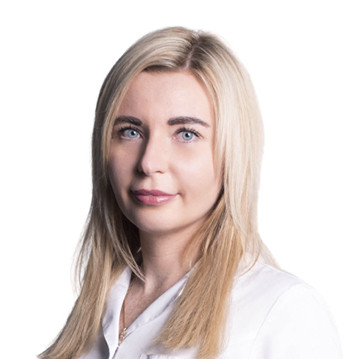
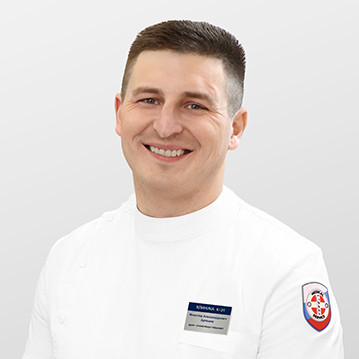
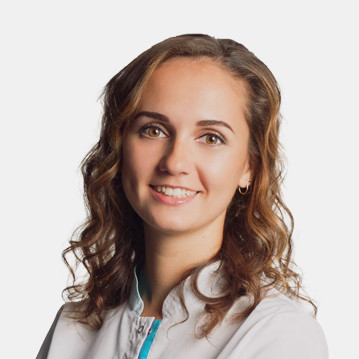
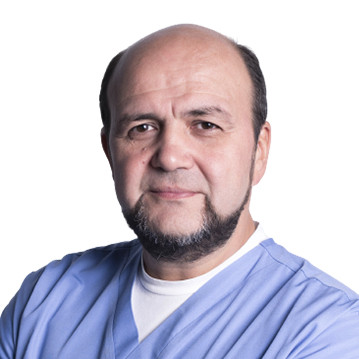
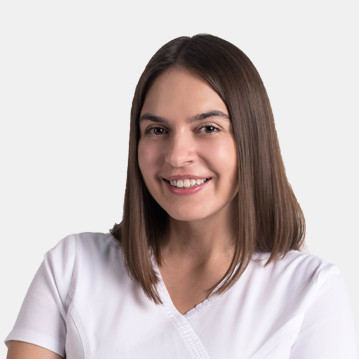
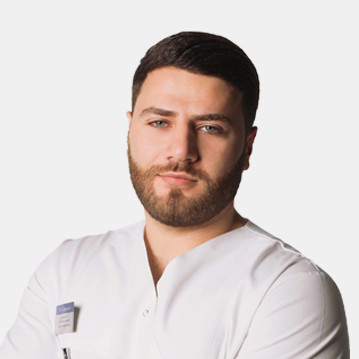
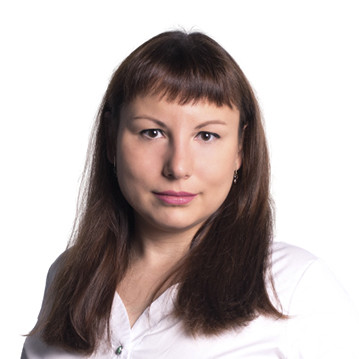
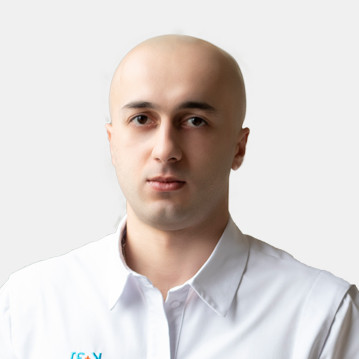
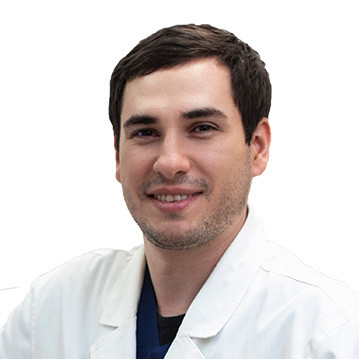

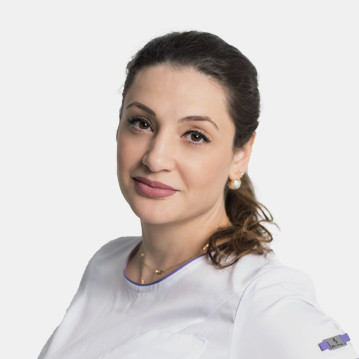
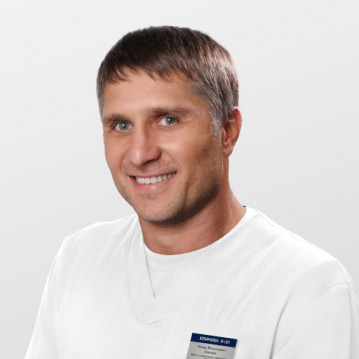
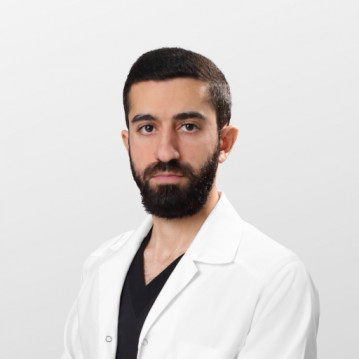
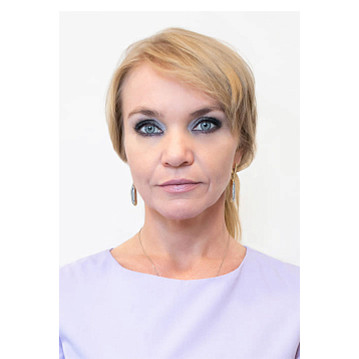
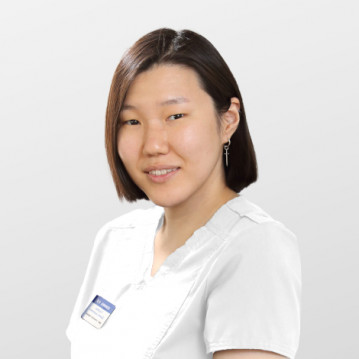
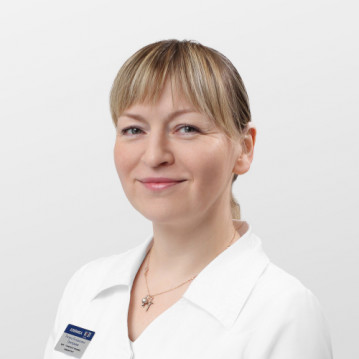
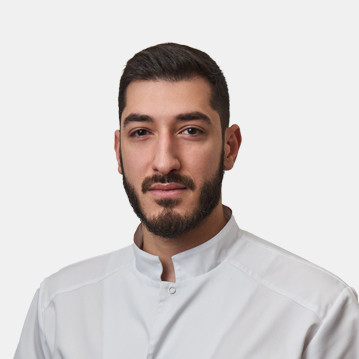
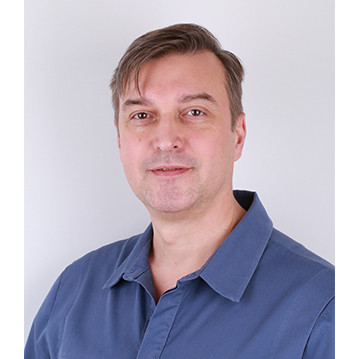
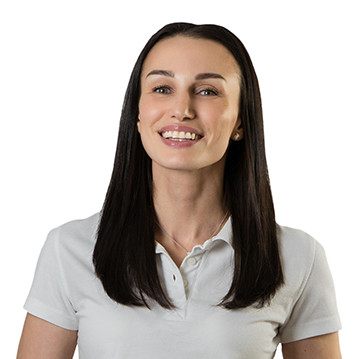
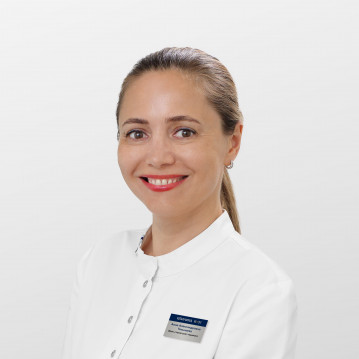

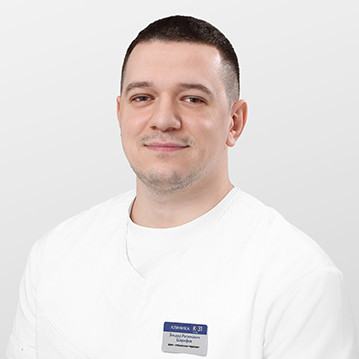
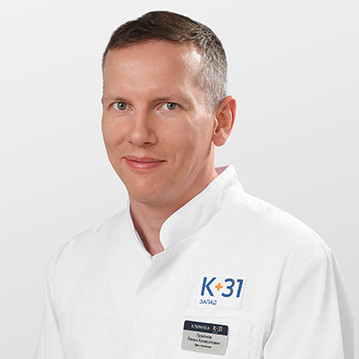
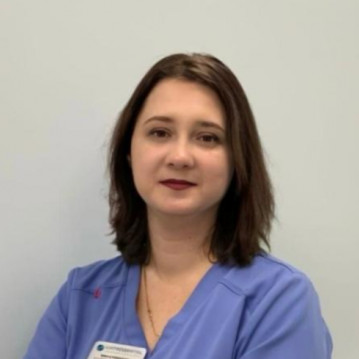
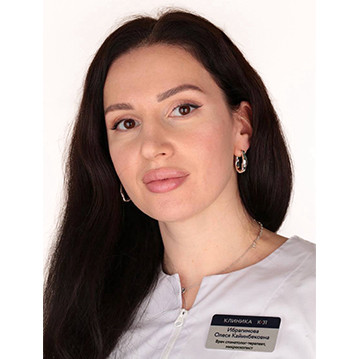

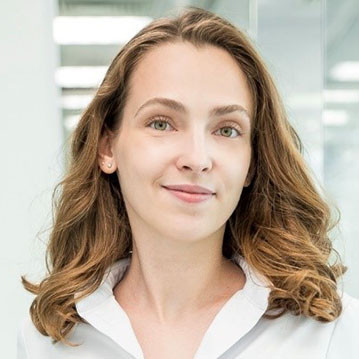
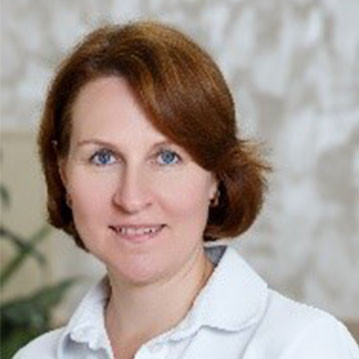
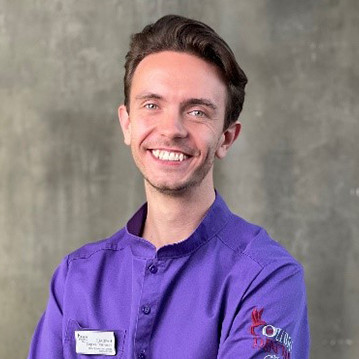
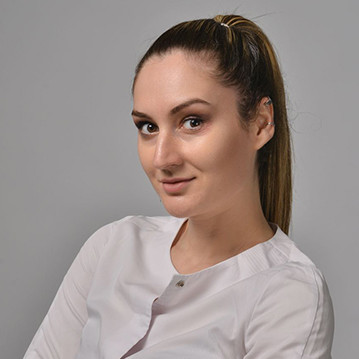

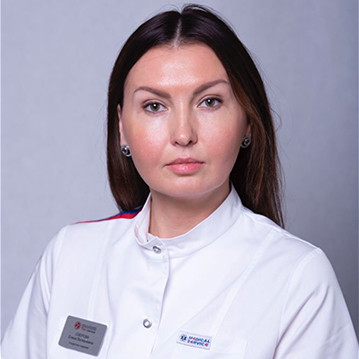
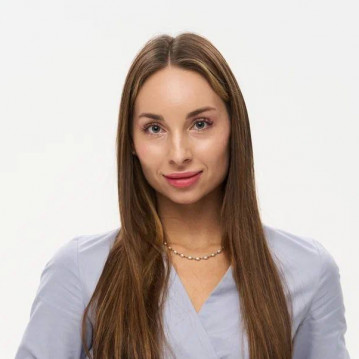

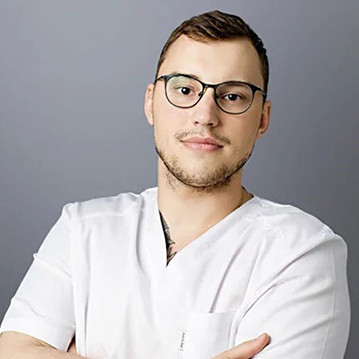





When is it necessary to remove a tooth?
It is worth removing a tooth in the following cases:
The tooth is also removed if it has grown and is located incorrectly, affects the bite, injuring soft tissues. This often happens with wisdom teeth. Eights have root canals with poor patency, so they are almost impossible to treat.